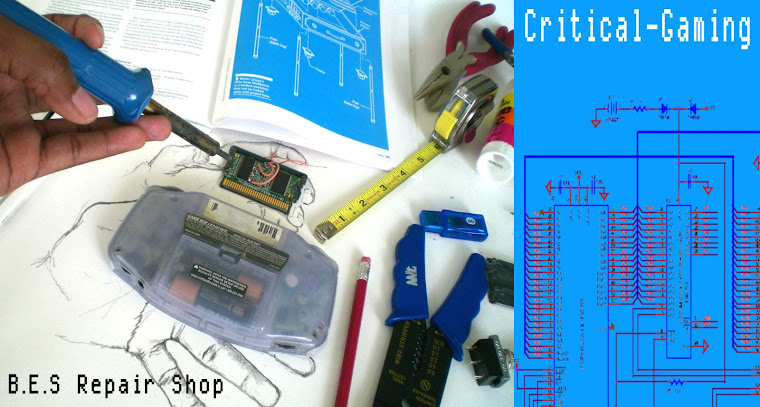1) Puzzles puzzles and more puzzles
- Everything is a puzzle; challenges, the town, your hotel room, paintings, inventions, scenarios, and the story. There is something curious about everything and it's your job to get to the bottom of it.
- Every character knows about, is concerned with, and gives away puzzles as a means of social exchange.
- Solving puzzles is the primary function of Professor Layton, but it goes beyond that. Solving puzzles is a vague mechanic at best, which, in the game, can involve everything from talking to specific characters, going to specific locations, arranging items in your hotel room, reassembling a painting from scraps, drawing lines, pointing out the culprit, to writing in words on the touch screen. The game oscillates between all these mechanics to keep things fresh. At the same time, because the game changes so frequently to the context of the scenario the player finds him/herself in, the function of solving puzzles fits the player into the role analogous to Layton and Luke, his apprentice. Like in any role playing game or situation, a significant emphasis is put on.....
- As a pseudo detective, the player will be piecing together mysteries, and cracking puzzles that, in this zany world, all come together and fit nicely within the conceit of the game.
- At first the towns people's staunch devotion to puzzles may seem comically forced even within the context of a game. But, rest assured, everything serves a simple and focused purposed that is nestled deep within the games story. I won't spoil the game for anyone.
Everything else about the game is ultra streamlined.
- menus navigation
- touch screen based
- large images
- maps
- conveniently displayed on the top screen
- HUD
- Displayed cleanly on the top screen including....
- A short phrase that tells you where your next objective is
- A score display of how many puzzles you've solved
- What area of the top you're currently at
- traveling around town
- Just tap the shoe icon and an arrow will appear indicating the possible directions you can venture to.
- You can't get lost when you can't explore outside of limited areas.
- talking and interacting with people
- If you see a person, tap them on the touch screen to start a conversation. It's as simple as that
- solving puzzles
- Each puzzle has a number and a difficultly level
- Each puzzle has 3 hints that can be purchased with hint coins if you need help
Keep Layton in mind when you're trying to design clean games (or parts of games). Layton has certainly given me the needed boost in creative possibilities as I design GuitaRPG. I hope to be able to share some of the details shortly.



3 comments:
Layton is good up to a point. My roommate and another friend of mine are playing the game and the game play, story line, and all are fun. But the only thing I have a issue with is that sometimes the instructions are too vague and not very helpful. I this doesn't happen to GRPG. It's really frustrating when they have to be so vague that you seem forced to use your tokens to get hints. But I guess it's a thinking game so some of that vague instructions are allowed. Even though I may think it's horrible.
I know what you mean. Some of the puzzles almost made me throw my DS because they were vague like that.
Like you said, you have hint coins for a reason.
I'm currently on the super hard puzzles at the end of the game.
Hahahaha, throw that Ds!!! ><
Post a Comment